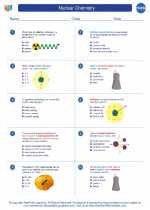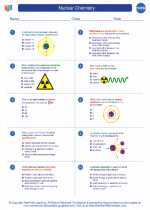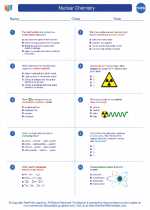Natural Resources
Definition
Natural resources are materials or substances that occur in nature and can be used for economic gain. These resources can be classified into renewable and non-renewable resources.
Types of Natural Resources
Renewable Resources
Renewable resources are those that can be replenished or replaced relatively quickly. Examples include solar energy, wind energy, water resources, and biomass.
Non-Renewable Resources
Non-renewable resources are finite and cannot be easily replaced. Examples include fossil fuels (coal, oil, natural gas), minerals (iron, copper, gold), and nuclear energy sources.
Importance of Natural Resources
Natural resources are essential for sustaining life and supporting economic development. They are used in various industries such as agriculture, manufacturing, energy production, and construction.
Conservation of Natural Resources
Given the finite nature of many natural resources, conservation efforts are crucial to ensure sustainable use for future generations. This involves reducing waste, promoting recycling, and developing alternative sources of energy.
Study Tips
- Understand the difference between renewable and non-renewable resources.
- Learn about the impact of human activities on natural resources.
- Explore case studies of successful natural resource conservation initiatives around the world.
- Stay updated on the latest developments in renewable energy technologies.
[Natural Resources] Related Worksheets and Study Guides:
.◂Chemistry Worksheets and Study Guides High School. Nuclear Chemistry

 Worksheet/Answer key
Worksheet/Answer key
 Worksheet/Answer key
Worksheet/Answer key
